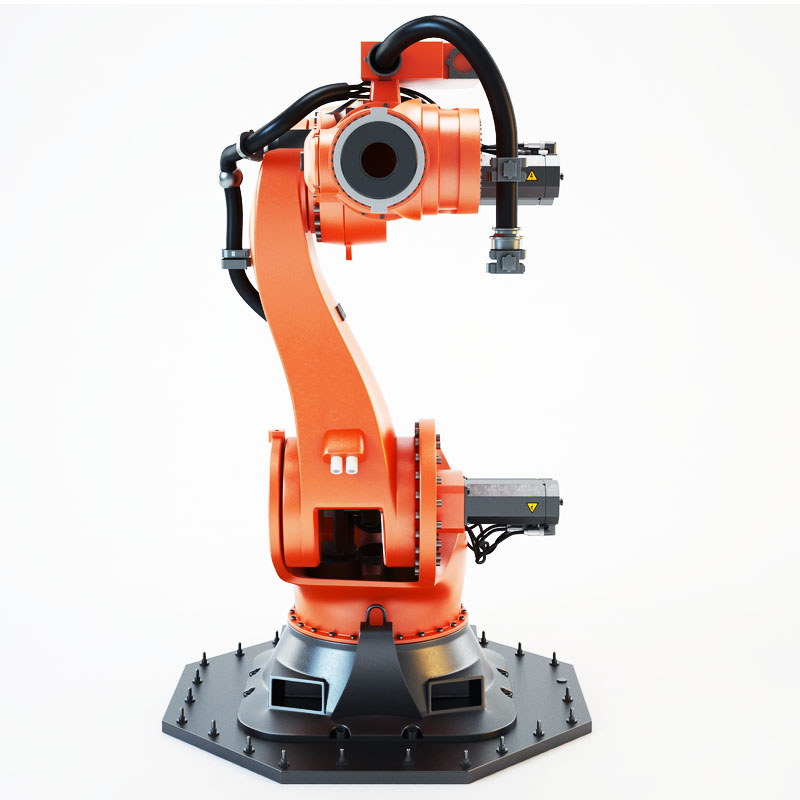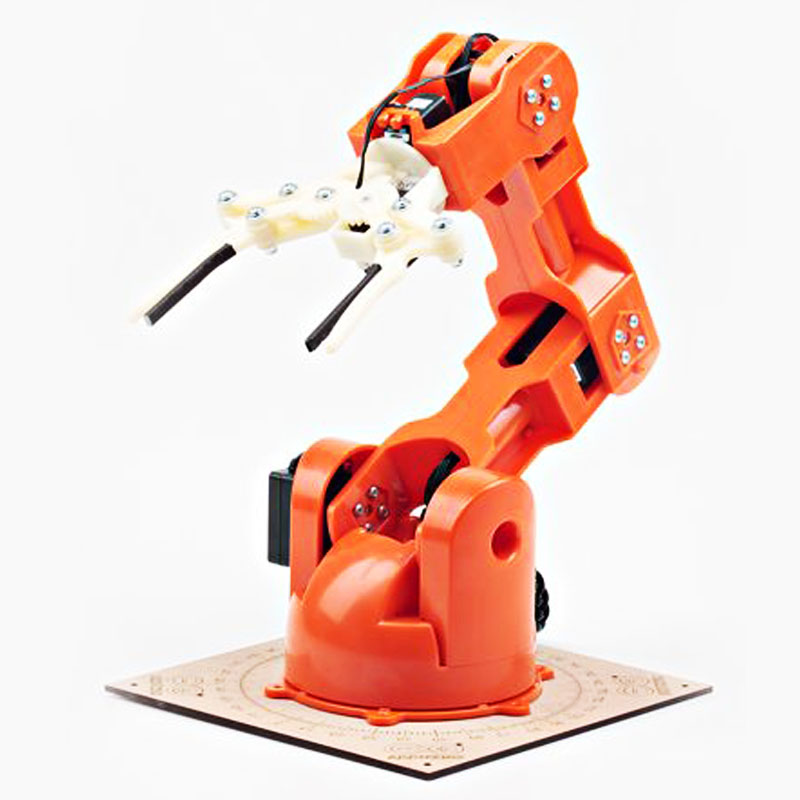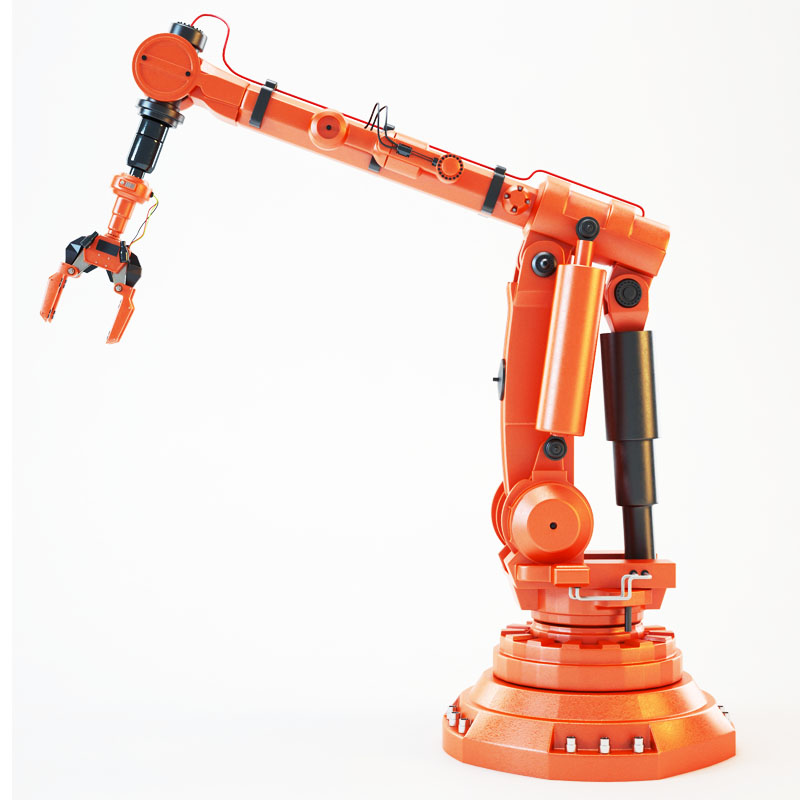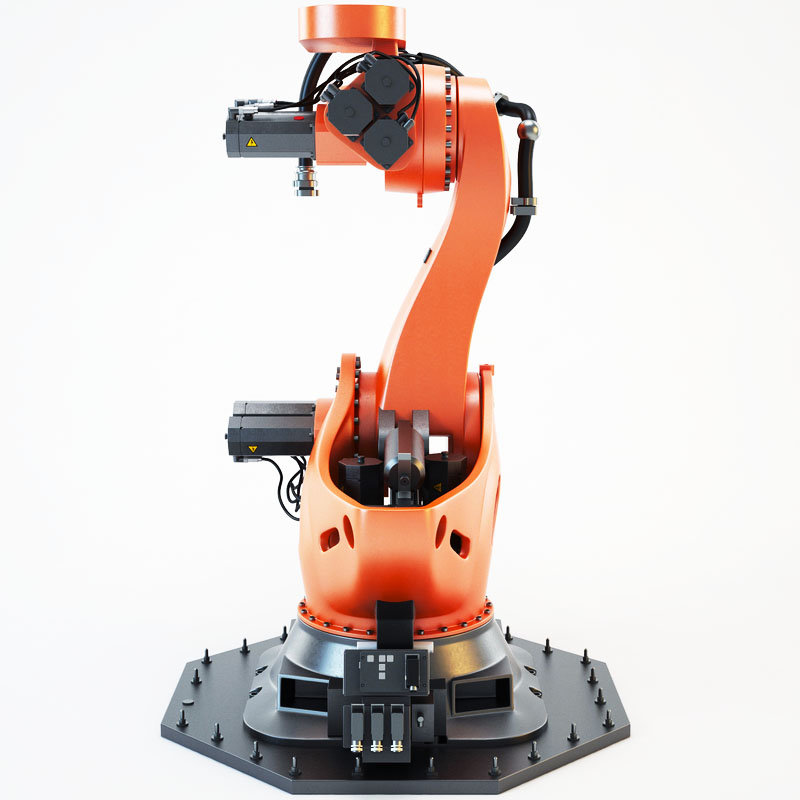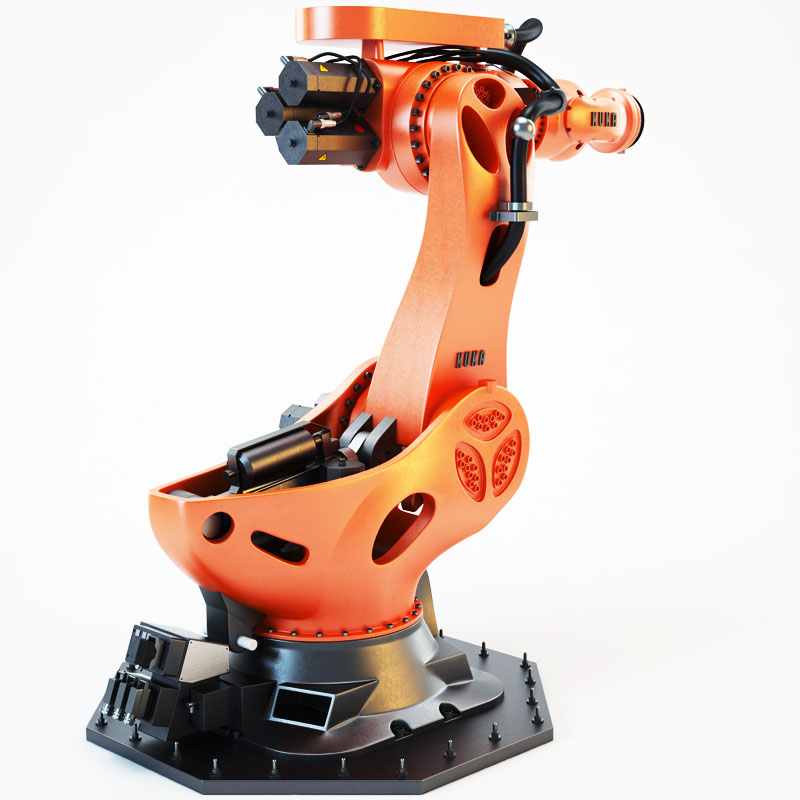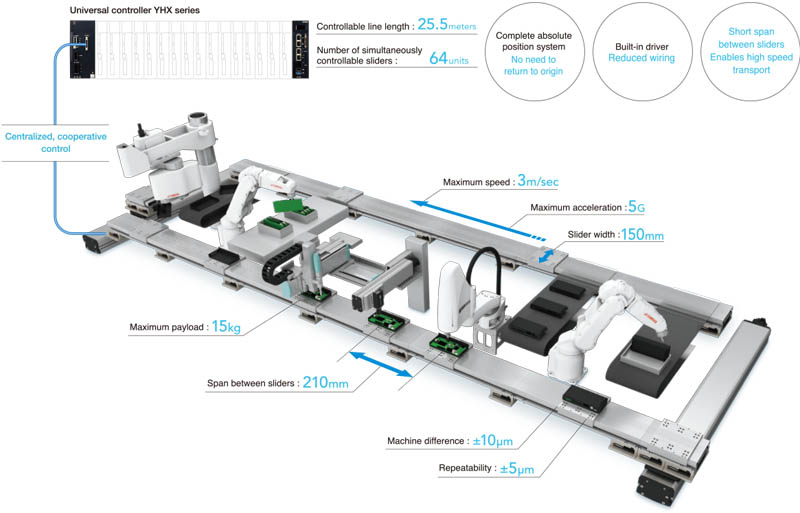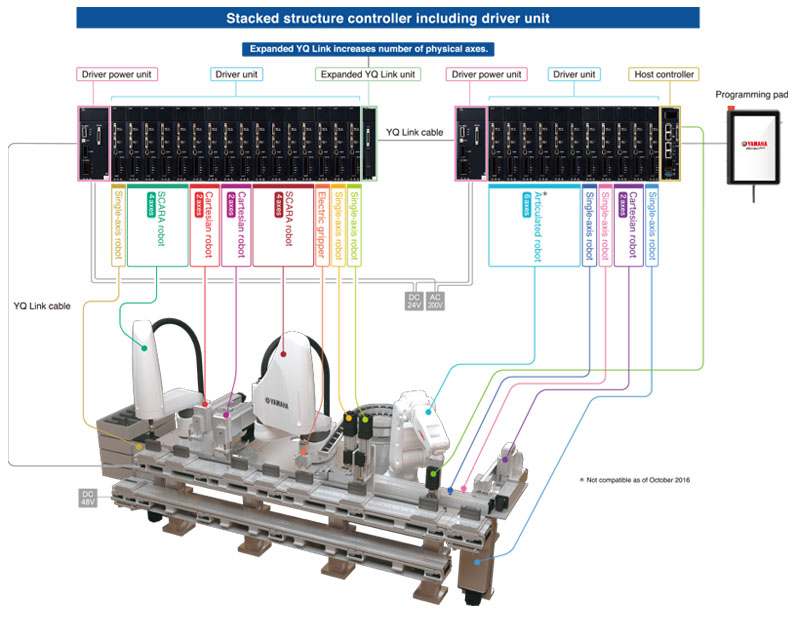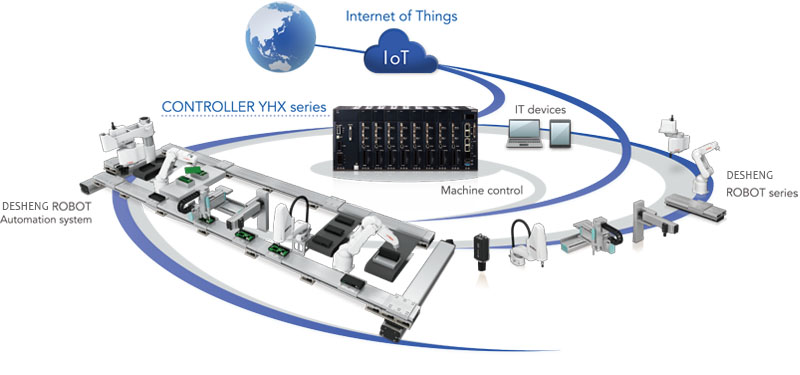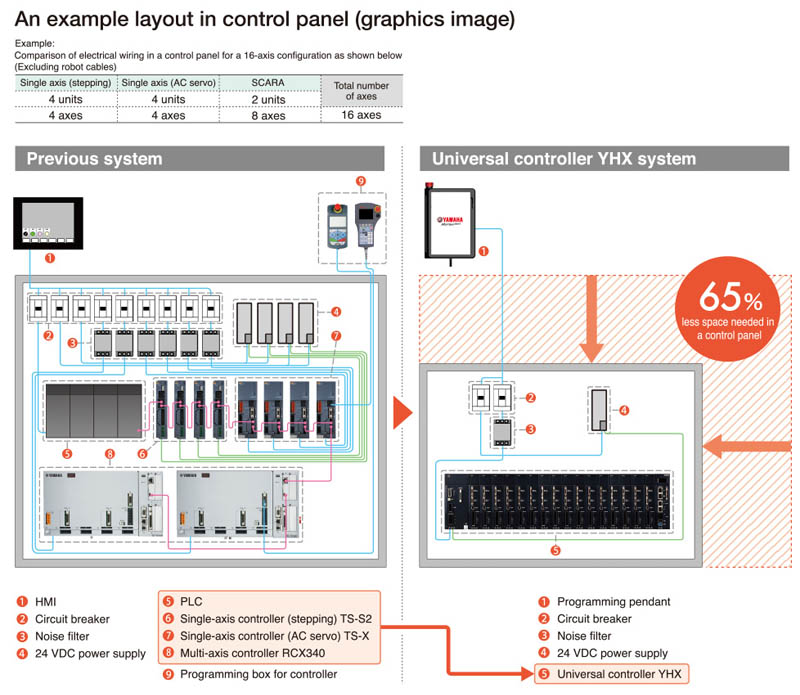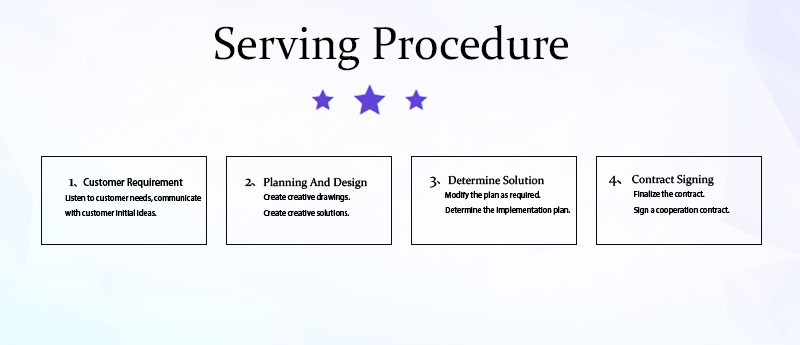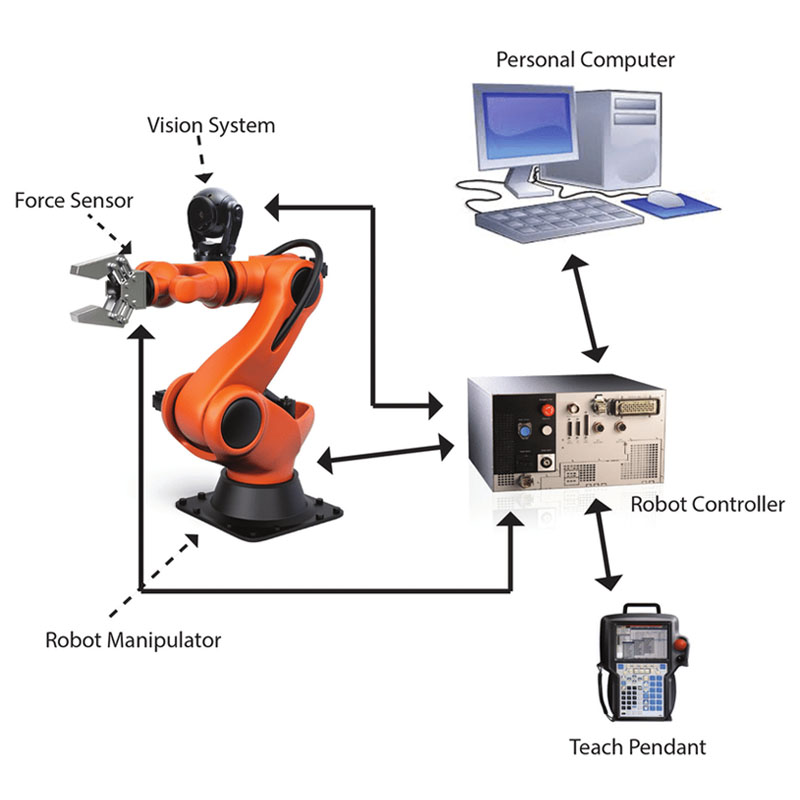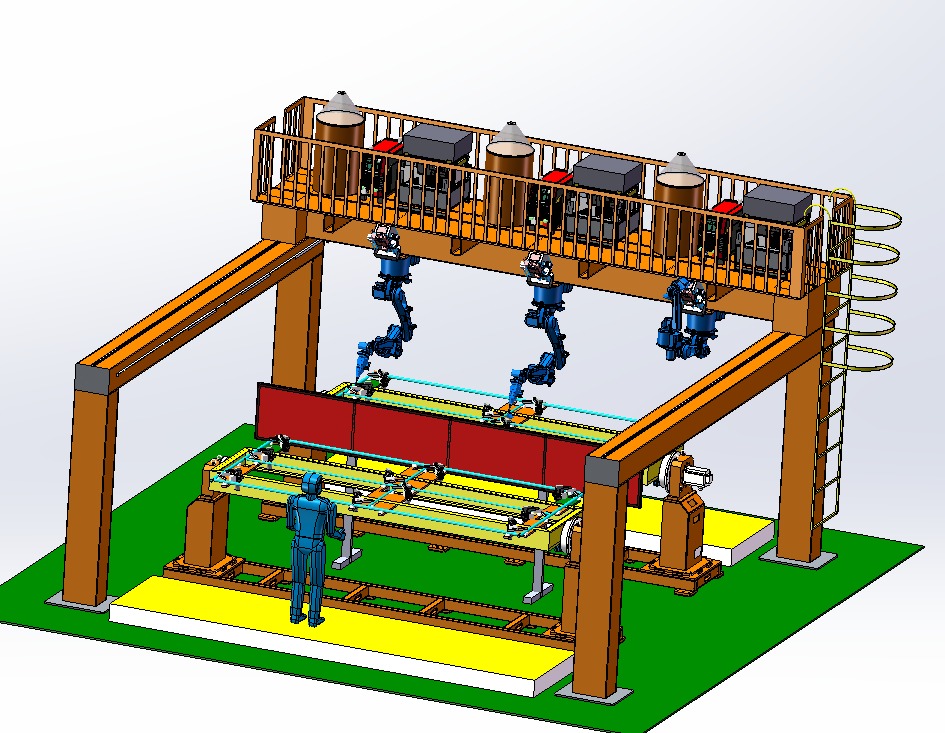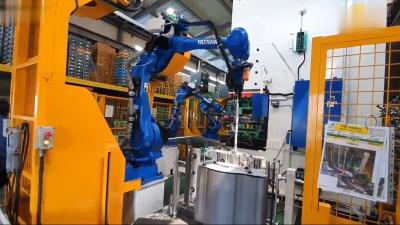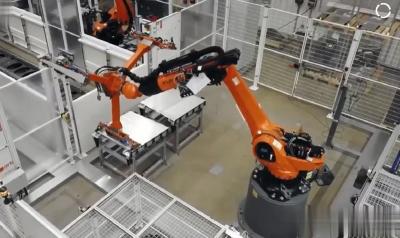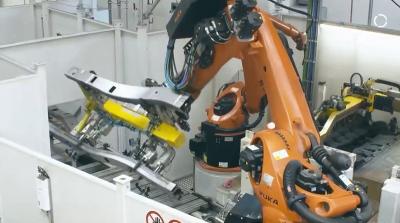Robotic Process Automation Public Sector
Robotic Process Automation Public Sector:
Robotic Process Automation (RPA) has several advantages for the public sector. Firstly, RPA eliminates manual and repetitive tasks, allowing public sector employees to focus on higher-value activities. Secondly, it improves efficiency by automating workflows and reducing processing time. RPA also enhances accuracy and compliance by minimizing human errors and ensuring adherence to regulations. Additionally, RPA enables cost savings by reducing the need for additional staff and increasing productivity. Furthermore, RPA provides improved data management, enabling secure and standardized processes. Overall, RPA brings increased efficiency, accuracy, cost savings, and enhanced data management to the public sector, making it an invaluable tool for modernizing governmental operations.
Robotic Process Automation Public Sector:
Robotic Process Automation (RPA) is transforming the public sector by automating tasks and improving efficiency. Similarly, robots are making their mark in the entertainment industry, enhancing performances and delivering unique experiences. The use of modular robot arms brings versatility and flexibility to various industries by adapting to different tasks and environments. Furthermore, humanoid robot technology is advancing, allowing robots to mimic human movements and interactions. Whether it's streamlining operations in the public sector, entertaining audiences in the entertainment industry, or providing versatile capabilities with modular robot arms, robotics technology continues to revolutionize various sectors, improving efficiency, performance, and human-machine interactions.


